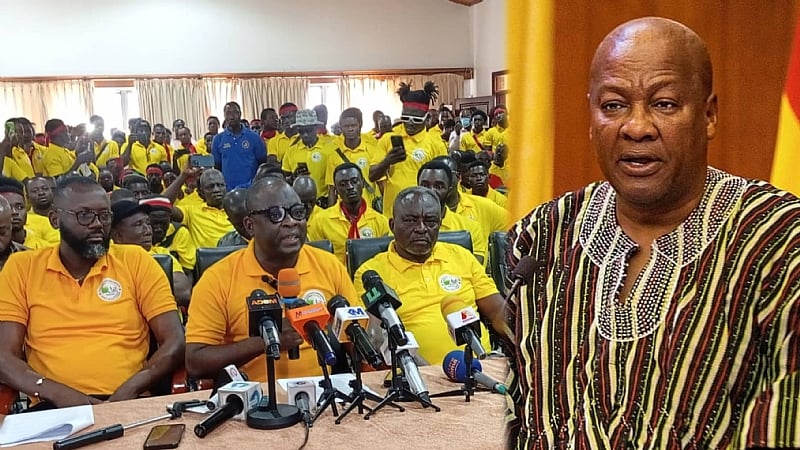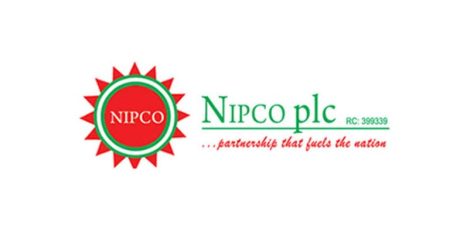The Ghana National Association of Small Scale Miners (GNASSM) has publicly denounced the persistent harassment, intimidation, and alleged extortion faced by its members at the hands of some law enforcement agencies, particularly the police, and politically influential individuals operating unauthorized task forces. The association contends that these actions, characterized by equipment seizures, unwarranted demands for payment, and forceful evictions from legally acquired mining sites, constitute a grave injustice and a violation of human rights. They accuse politically connected individuals of leveraging their influence to manipulate security forces for personal gain, undermining the government’s formal small-scale mining initiatives and the broader goal of responsible mining.
GNASSM vehemently denies any tolerance for illegal mining practices, emphasizing their consistent commitment to ethical and responsible operations. They highlight their long-standing collaboration with the government to enforce restrictions in ecologically sensitive areas, demonstrating their dedication to environmental protection. While supporting environmental preservation, the association asserts that the current situation criminalizes legitimate miners striving to earn a living. They are calling for an immediate end to these abuses and demanding the return of all confiscated equipment belonging to licensed operators.
The association’s concerns center around the exploitation of power by politically exposed persons who utilize their connections to manipulate security agencies and exploit regulatory loopholes. These individuals, according to GNASSM, often support illegal mining operations to seize control of legitimately licensed concessions, driven by profit and power rather than environmental concerns. This manipulation undermines the government’s efforts to formalize the small-scale mining sector and implement its “Reset Agenda,” which aims to promote responsible and sustainable mining practices. GNASSM argues that these actions not only harm legitimate miners but also hinder the overall development of the sector.
To address these pressing issues, GNASSM proposes several key recommendations. First, they advocate for increased resources for the National Anti-illegal mining Operation Secretariat (NAIMOS) to enable a more coordinated and effective approach to combating illegal mining. Second, they call for stronger protections for licensed small-scale miners, including clear protocols for police operations on mining sites. Third, they suggest adopting an alternative approach that involves engaging with illegal miners to rectify environmental damage and facilitate their formalization into the legal mining sector. GNASSM expresses its willingness to lead this initiative, leveraging its resources and expertise.
Furthermore, GNASSM emphasizes the importance of capacity building within security agencies to ensure a better understanding of small-scale mining operations and licensing regulations. They also recommend the inclusion of regulatory agencies like the Minerals Commission in task force operations to reduce the frequency of abuses against licensed miners. The association believes these measures will foster responsible mining practices and create a more just and equitable environment for legitimate operators. They underscore the significant socio-economic potential of the small-scale mining sector, highlighting its contribution to employment, gold supply for value addition, and overall economic integration.
In conclusion, the GNASSM appeals for a more just and accountable approach to managing the small-scale mining sector. They stress the sector’s substantial economic contributions, including significant foreign exchange earnings through initiatives like the GOLDBOD program. The association calls for a coordinated effort to combat illegal mining, emphasizing the need to resource NAIMOS effectively and address corruption and intimidation within the sector. They firmly believe that a fair and just system, which protects the rights of legitimate miners, is essential for the sustainable development of the small-scale mining industry and the broader Ghanaian economy. They implore the government and all stakeholders to work together to ensure a future where justice and environmental responsibility prevail in the mining sector.














